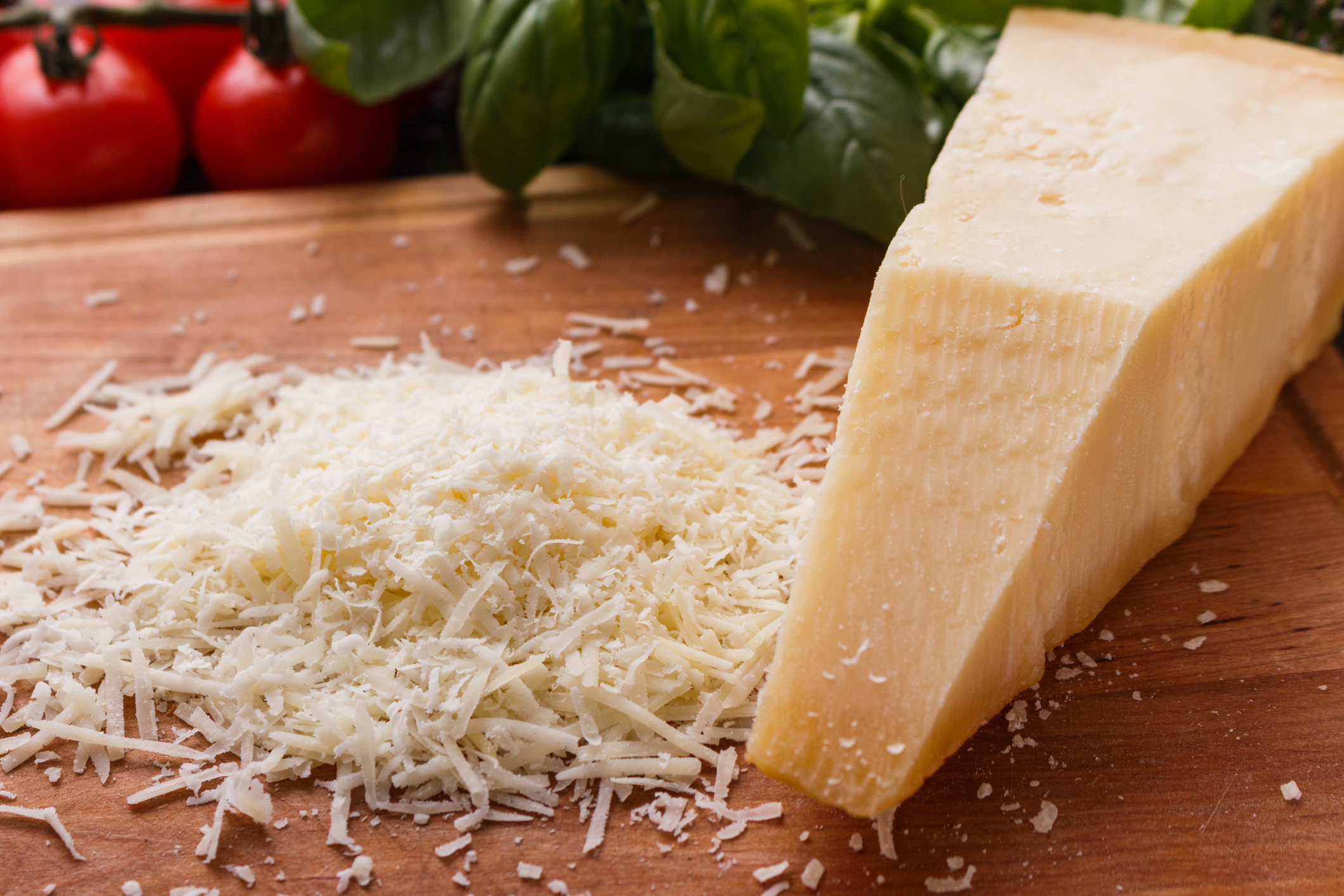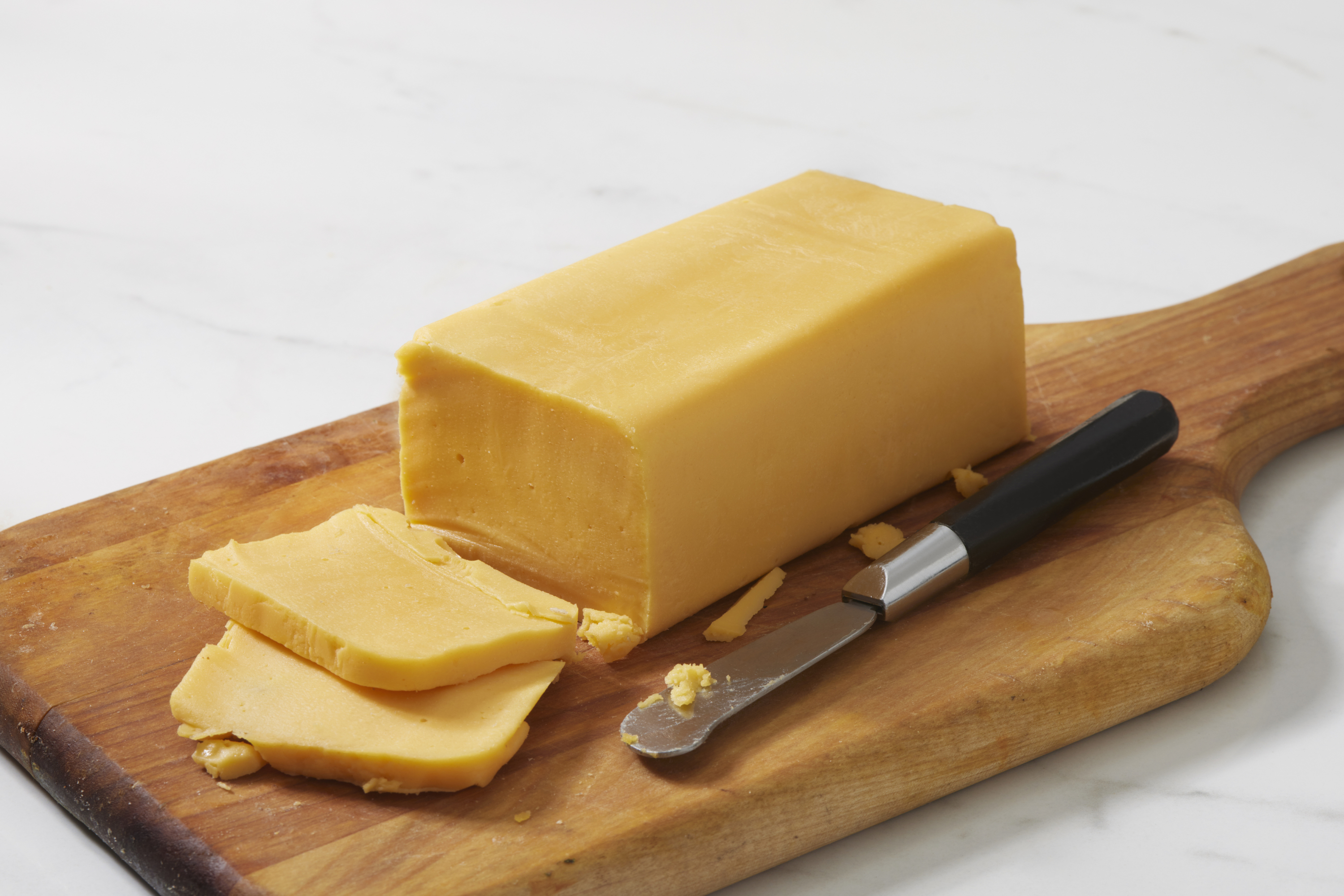Which cheese has the most protein, is best for bones, or is it best for lactose intolerant people? Avoid discomfort.

Cheese is a staple in many people's diets, but choosing the right type can be crucial to avoiding digestive problems like bloating and gas. If you experience discomfort after eating cheese, you're likely choosing the wrong one for your nutritional needs. Knowing the properties of different types of cheese is essential to reap their benefits without suffering the consequences.
Below, we detail which cheeses are most recommended based on specific needs , such as increasing protein intake, strengthening bones, or dealing with lactose intolerance, as well as which ones are beneficial for intestinal flora.
Recommended cheeses for every need 1. If you're looking for more protein: For those looking for high protein, whether for muscle building or to stay full, Parmesan cheese and cottage cheese are great options.
Parmesan, especially Parmigiano Reggiano, leads the way in protein content, while cottage cheese offers a high amount of protein per calorie while also being a low-fat option.

Plus, Parmesan cheese adds a nice flavor to dishes. Photo: iStock
2. For stronger bones: Although many cheeses are rich in calcium, Parmesan cheese is also notable for bone health. Recent studies suggest that Jarlsberg cheese (a Norwegian cheese similar to Emmental) may be particularly beneficial. Its consumption has been linked to the absorption of key minerals like calcium and magnesium, and it also contains bacteria that may contribute to better bone health.
3. For those with lactose intolerance: If you have lactose intolerance, not all cheeses are off-limits. Mature cheeses, such as Manchego, Parmesan, and aged Cheddar , contain little to no lactose due to their long ripening process, during which bacteria consume the milk sugar. Goat cheese is also a good option, as it's generally easier to digest.
4. For a healthy gut flora: Gouda and Cheddar cheeses are recommended for gut health due to their probiotic properties. These cheeses contain live bacteria that can help improve gut flora balance. Eating uncooked probiotic cheeses is ideal to maximize these benefits.

Cheddar cheese is rich in nutrients. Photo: iStock
While cheese is a nutritious food, it's essential to choose those that suit your individual tolerance and nutritional goals. Consulting a healthcare professional can help determine the best options for a balanced and healthy diet.
LATEST NEWS EDITORIAL
eltiempo





